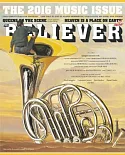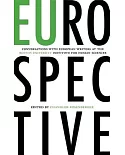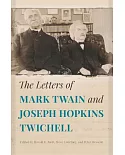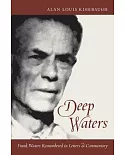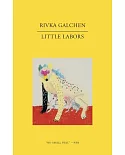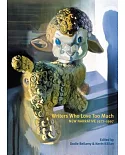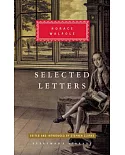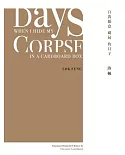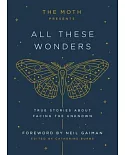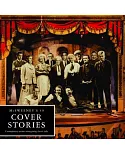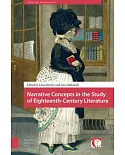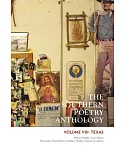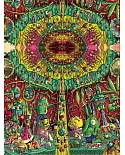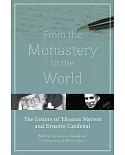This interdisciplinary collection brings together essays by leading Bakhtin critics along with chapters by eminent scholars who have developed and extended Bakhtin's concept of dialogue. The
volume presents a cross-section of recent dialogic approaches within literary theory, philosophy, linguistics, and cultural studies - and extrapolates these approaches to such fields as social
history, discourse analysis, and anthropology. Dialogue is understood not only as an exchange among intratextual voices, but also as an extratextual interplay of historical influences, oral
forms, and cultural heuristics.
Throughout the volume, the concept of dialogue invokes a range of interrelated concerns: historical issues involving national politics, English topography, and the British public sphere;
theoretical issues concerning cultural relativity, Russian formalism, and speech-act theory; critical issues elaborating Marxist, historicist, and dialogic literary criticism; generic issues
delimiting the lyric, novel, and essay; and linguistic issues concerning the relation between literary dialogue, everyday conversation, and other spoken forms.
The contributors address such varied topics as rhetorical models for the establishment and exercise of political power, the relation between spoken and written discourse, and the idea of
literature as social action. These essays, taken together, argue for a redefinition of literary meaning - one that is communal, interactive, and vocatively created.


